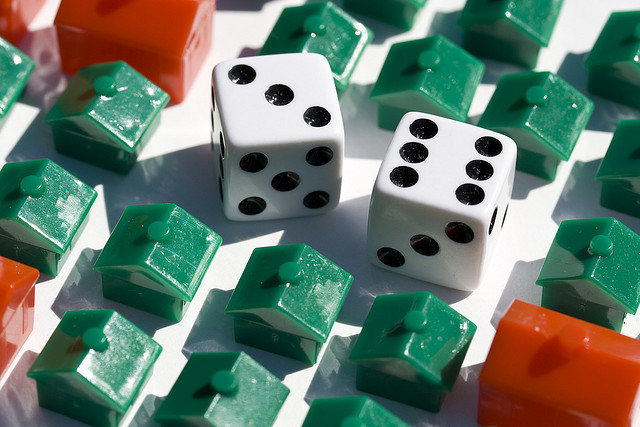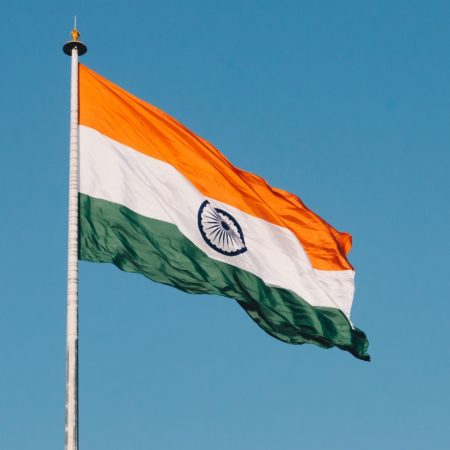Justice: Is Anyone Just Nowadays?
By Dr. Aslam Abdullah
Justice is one of the basic tenets of Islam. In the Qur`an we read that God commands human beings especially those who have faith in Him, to be just and stand for justice. It is for this intrinsic divine command, God revealed His guidance to humanity and sent down his messengers. But what is new in this statement. In almost every Friday sermon, Muslims are reminded of the virtue of Justice. And almost on a daily basis public officials, political activists and social scientists all over the world remind each other of the value of justice in organizing relationships in all their dimensions.
Yet, even a cursory look at our behavior shows separation between words and acts, sermons and practice.
As the standard bearer of justice, much more is expected from those who claim that they follow Prophet Muhammad (s), who received the last fully preserved divine message. Ironically, they are the ones who have become the worst perpetuators of injustice in most cases. Not only in countries where they are in a majority but also in places where they live as a minority, they tend to preach justice without practicing it themselves.
Injustices are visible in almost all walks of life. However, the first place where these injustices have to be wiped out is the house of God. Mosques and Islamic centers should not only demonstrate their commitment to justice but should also practice it. Unfortunately, in many cases, mosques and Islamic centers show more negligence to the cause of justice than any other segments of the Muslim community. Starting from the rights of people who come to these places of worship to the rights of the people who serve, there is a lack of respect in general of Islamic teachings and values. For instance, it is quiet common in several mosques and centers to confine the decision making to a small coterie of people belonging to a particular ethnic group. The group then makes behind-the-scenes maneuvers to direct the course of events according to their interests.
For instance, in Southern California, in a recent mosque election, a group of people belonging to a particular ethnic group plotted to install Mr. X as president. A quiet campaign was conducted and proxy votes obtained in advance, even before the ballots opened, to secure the election of the person. All those who honestly wanted to participate in the election of their representative were cheated and the results were manipulated. This is not the only example; hundreds of such examples can be given. Usually, it is one person or a small group of people who act together to influence situations.
These people do not realize that their game is only too obvious to others. Generally, witnesses don’t speak out because they don’t want to cause adverse publicity for an Islamic institution.
Injustices are shown in leading people or even using their funds. In many Islamic institutions, for instance, the zakat money is used at the discretion of the zakat committee rather than according to Allah, Prophet (s), and Islam. In an Islamic center in southern California, the chairman of the zakat committee once boasted that he had saved some $50,000 in zakat funds. It was strange to hear that the zakat funds were withheld and not disbursed while only a few miles from that mosque, hundreds of Muslims lived homeless or without a decent meal a day.
Injustices are also practiced when the rights of people are denied to them. In many places run in the name of Islam, the divine faith is the last one to be brought in any dispute. Usually, it is the will of one person or a group of person that decides every thing. Why do people indulge in these acts? Because they are either not questioned for their acts or given too much power.
This status quo must change. Commitment to religion is not a hobby but a social responsibility, especially when it involves the lives of other people. Those who are confident to live up to the Divine expectations of justice must come forward and ensure that this commandment is lived not only locally but also in the larger community.













2006
1,220 views
views
0
comments